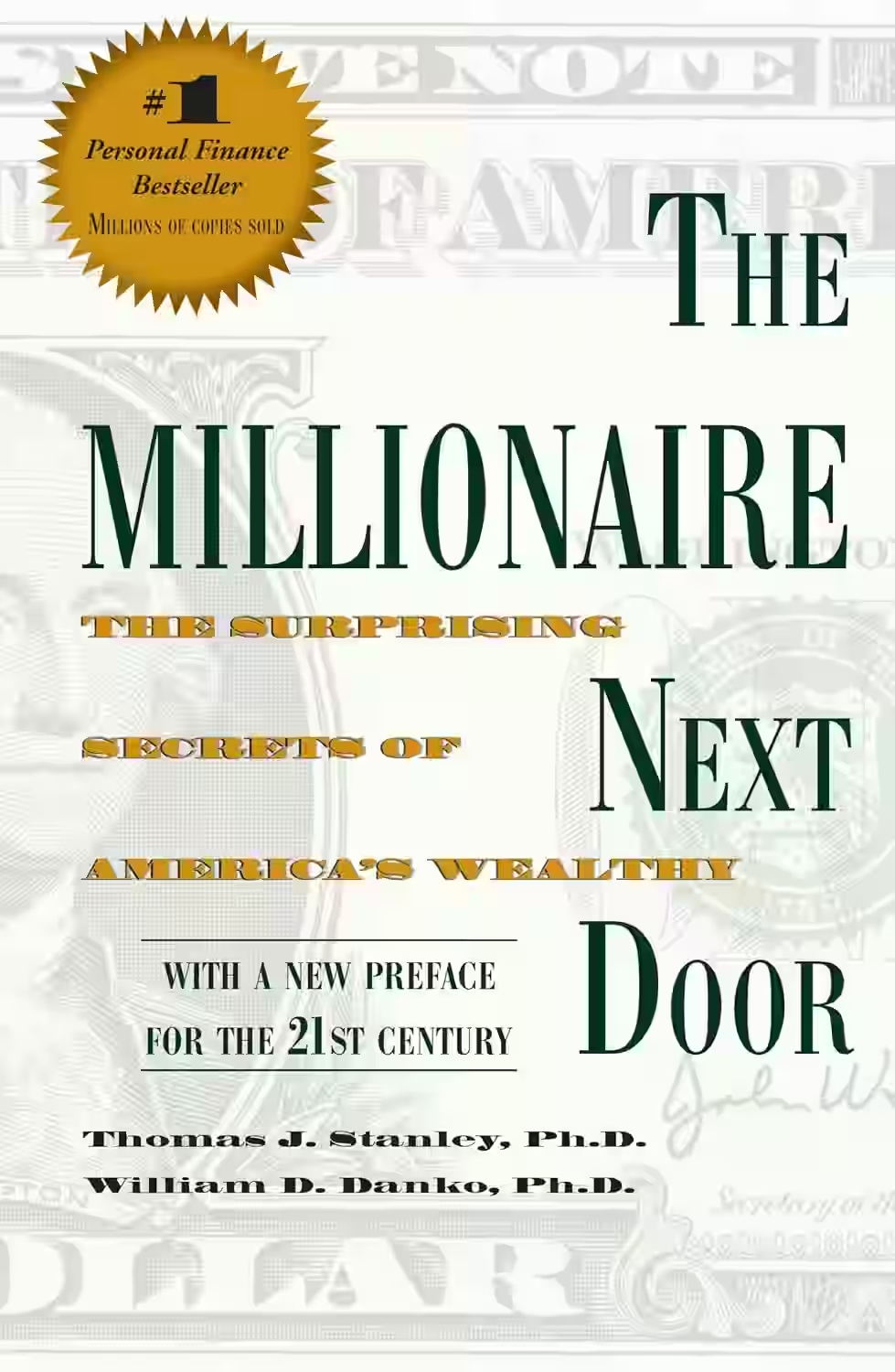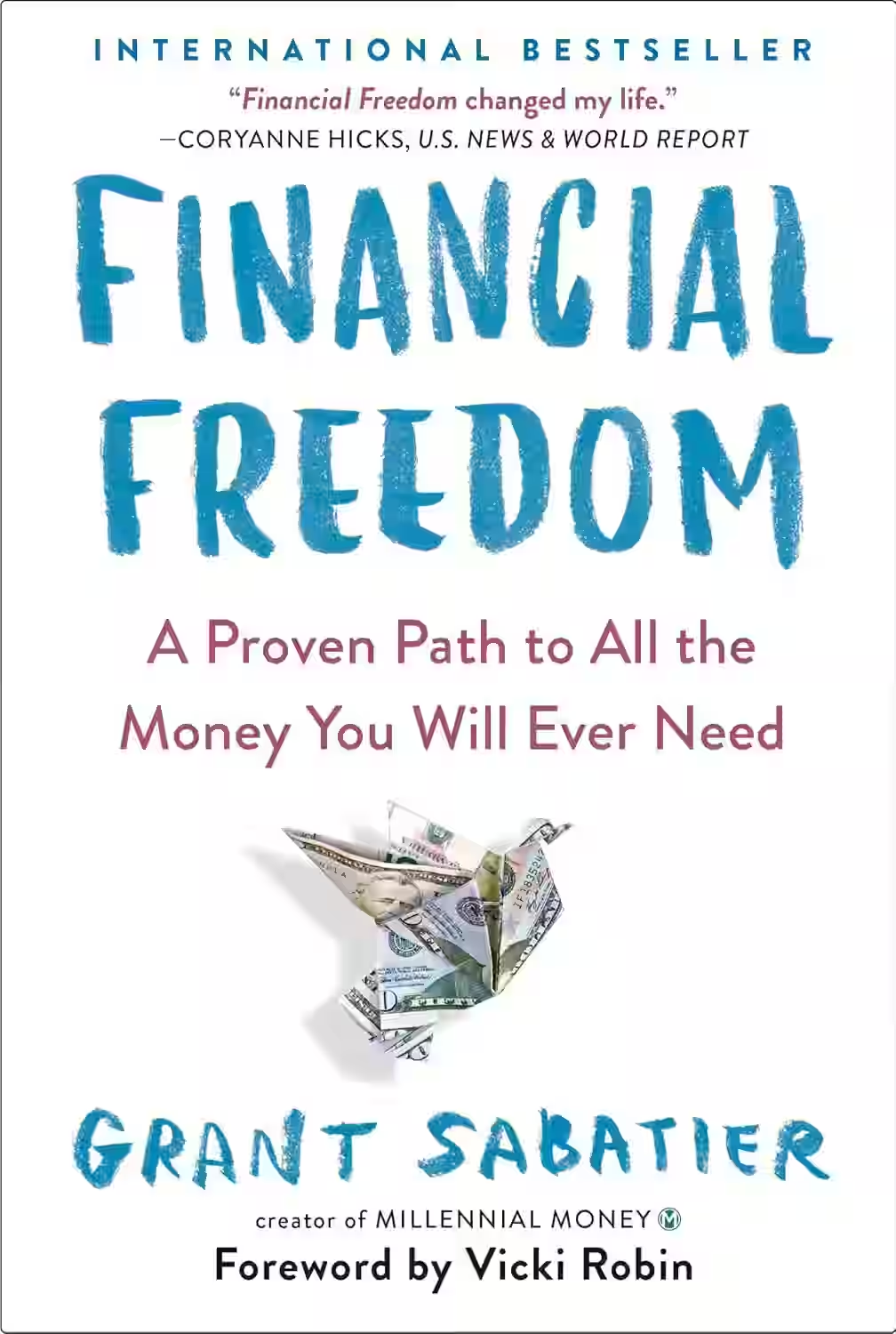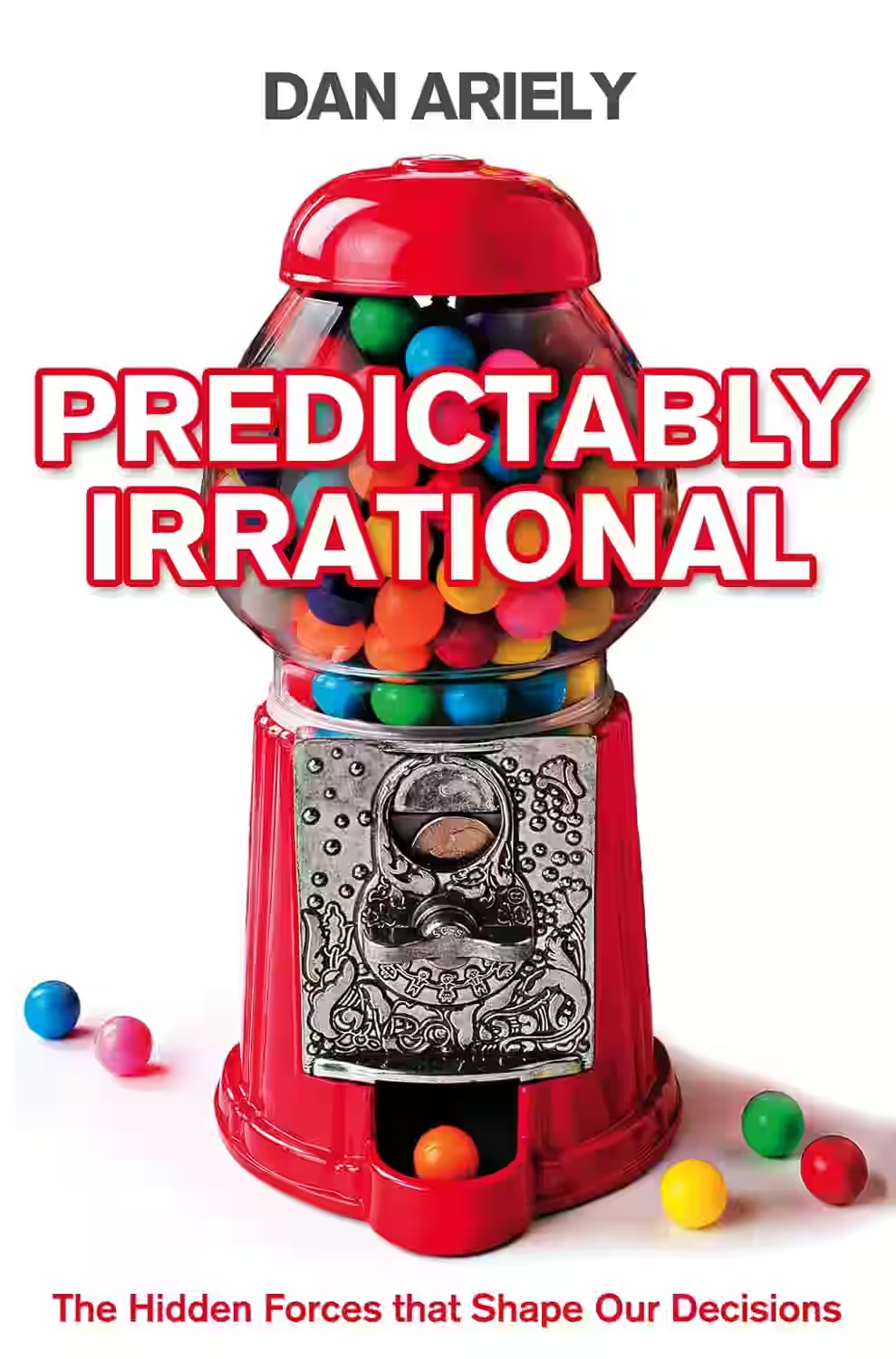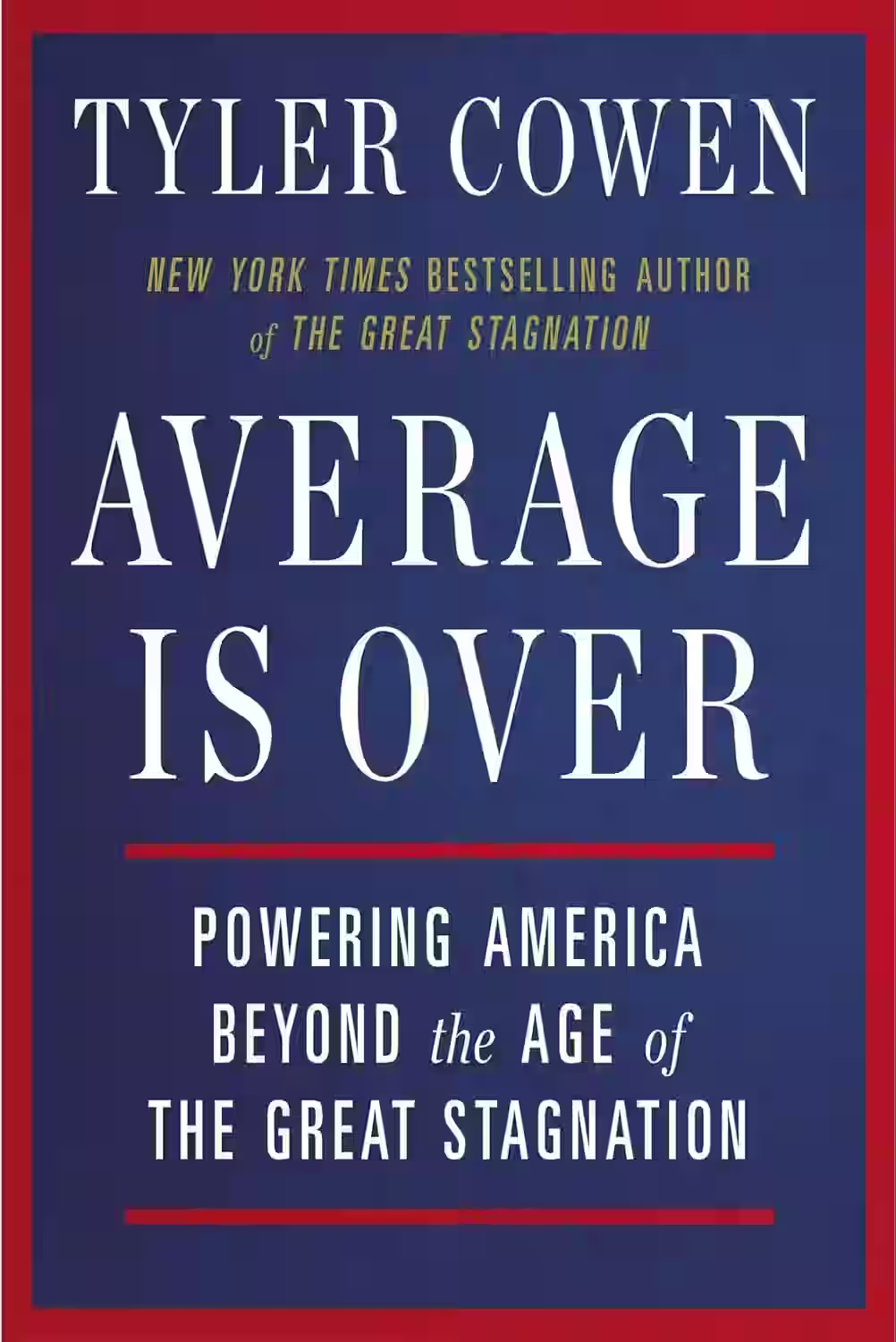
In 'The Millionaire Next Door' by Thomas J. Stanley, the author challenges common perceptions about wealth and millionaires by delving into the habits and lifestyles of everyday affluent individuals. Through years of research, Stanley uncovers that many millionaires live modestly, save diligently, and prioritize financial independence over flashy displays of wealth. The book offers valuable insights on how frugality, discipline, and smart financial decisions can lead to long-term prosperity, regardless of income level. It emphasizes the importance of conscious spending, investing wisely, and building wealth steadily over time. 'The Millionaire Next Door' is a thought-provoking read that sheds light on the true essence of financial success.
About Thomas J. Stanley
Thomas J. Stanley (1944 – 2015) was an American writer and researcher known for his groundbreaking work on the habits and behaviors of the wealthy. With a Ph.D. in Business Administration and a deep fascination with wealth accumulation, Stanley published a series of influential books, including the classic 'The Millionaire Next Door,' which debunked common myths about millionaires and offered insights into their frugal lifestyles and investment strategies. Through his meticulous research, Stanley challenged conventional wisdom about wealth and success, paving the way for a new understanding of financial behavior and the principles of building lasting prosperity.
Similar Books

Financial Freedom
In 'Financial Freedom,' Grant Sabatier provides readers with a comprehensive guide to achieving financial independence and retiring early (FIRE). Through his personal journey of transforming a sparse bank account into a substantial fortune within five years, he shares practical advice, strategies, and insights into building wealth. Sabatier emphasizes the importance of creating multiple income streams, frugality, investing wisely, and critically analyzing life choices to prioritize personal values over financial limitations. The book is filled with real-world examples, easy-to-follow steps, and motivational anecdotes, making it an essential resource for anyone seeking to escape the traditional confines of nine-to-five living and gain control over their financial destiny.

Predictably Irrational: The Hidden Forces That Shape Our Decisions
by Dan Ariely
In 'Predictably Irrational', Dan Ariely explores the fascinating world of behavioral economics, shedding light on the irrationality that governs our decision-making processes. Through a series of thought-provoking experiments and real-life examples, Ariely challenges the traditional economic theory that humans always act rationally. He delves into topics like the influence of social norms, the power of free offers, and the impact of emotions on our choices. This book offers readers an eye-opening journey into the hidden forces that shape our decisions, provoking introspection and questioning long-held beliefs about our own rationality.

Die With Zero
by Pill Perkins
In 'Die with Zero' by Bill Perkins, readers are taken on a thought-provoking journey challenging the traditional concept of saving money for old age. The author argues that instead of leaving an inheritance, individuals should spend their money and time on experiences that bring them joy and fulfillment. Through a combination of financial strategies and philosophical reflections, Perkins presents a compelling case for living life to the fullest now, rather than deferring enjoyment for later. This book encourages readers to reassess their priorities, shift their mindset about wealth, and embrace a more present-focused approach to living. 'Die with Zero' sparks important conversations about legacy, happiness, and financial planning.

Average Is Over
by Tyler Cowen
In Average Is Over, economist Tyler Cowen explores the future of work and society in an age of technological disruption and widening inequality. He argues that automation and artificial intelligence will create a divide between those who can work with technology and those who cannot. The book predicts a future of high performance rewarded greatly, while the "average" worker may struggle. Cowen’s provocative analysis addresses education, economics, and social mobility, offering both warnings and strategies for adapting to a changing landscape. It’s an essential read for understanding the forces reshaping labor, wealth, and opportunity in the 21st century.